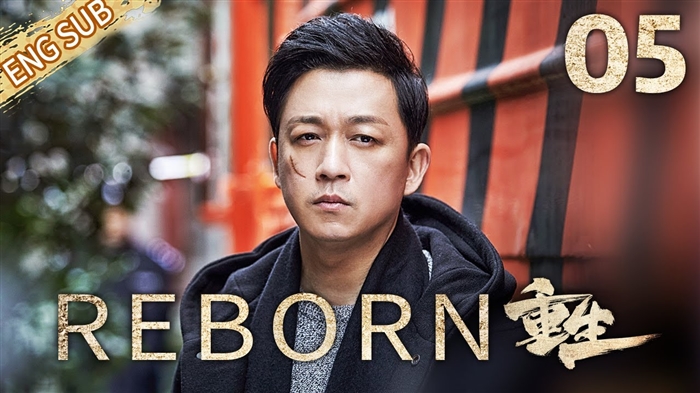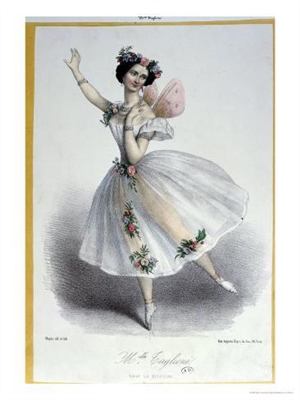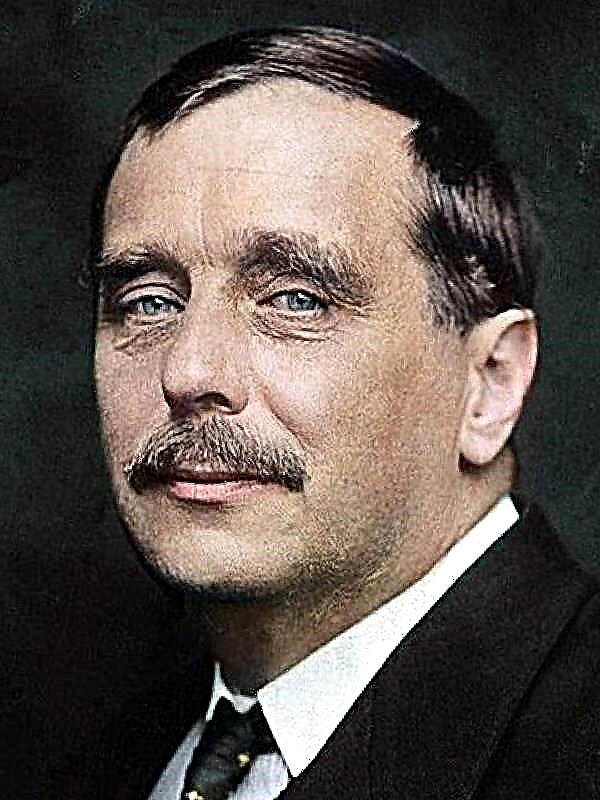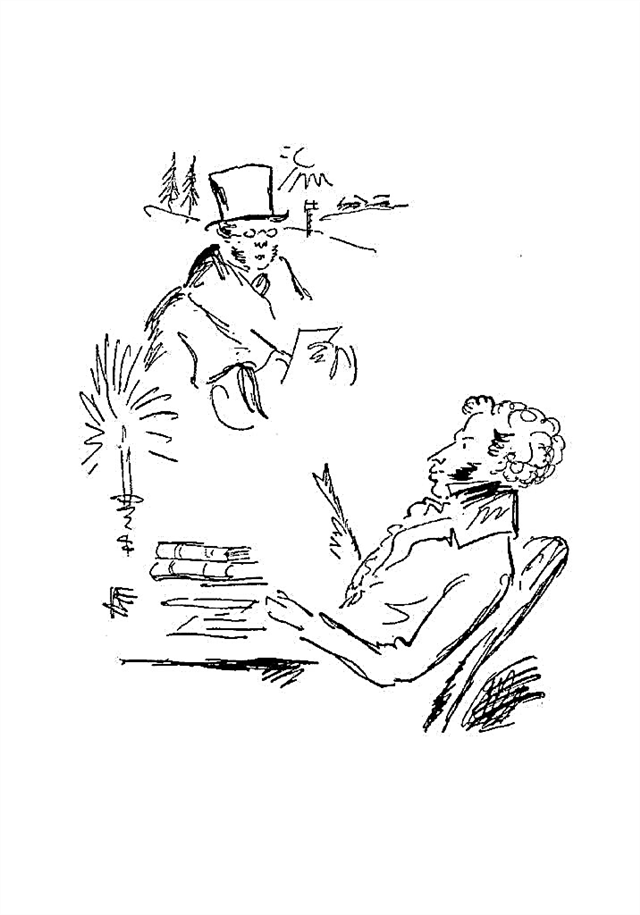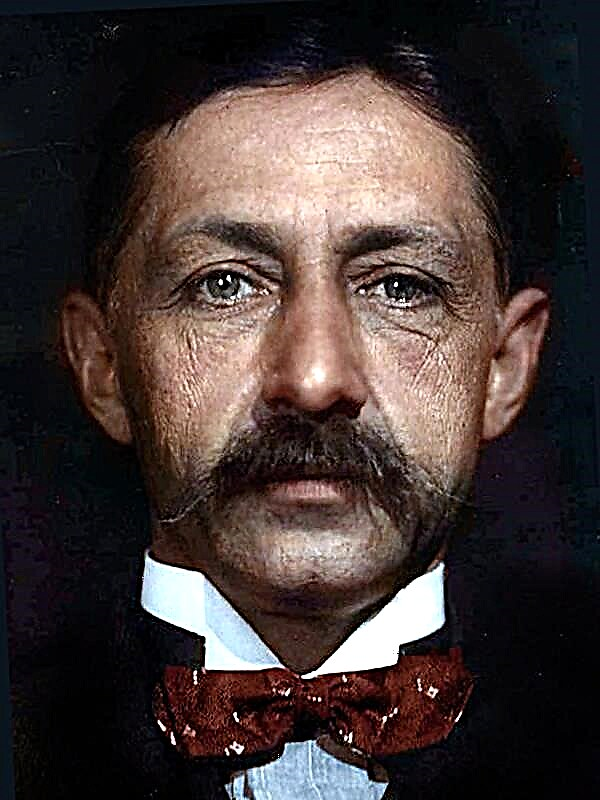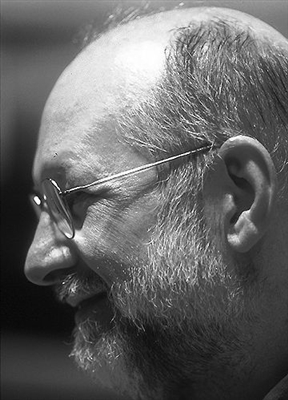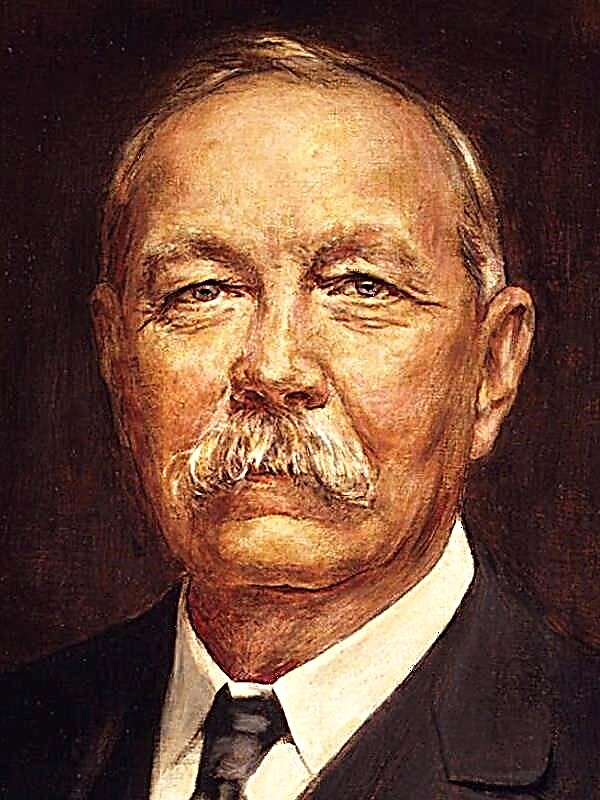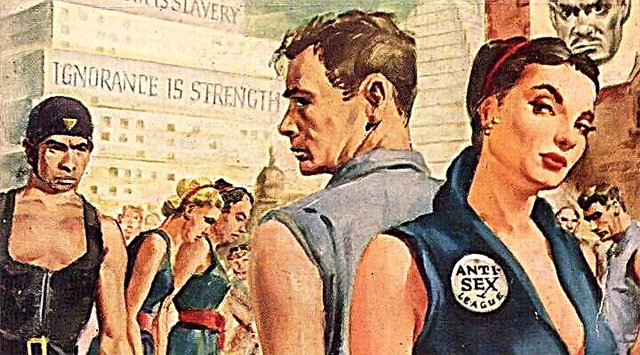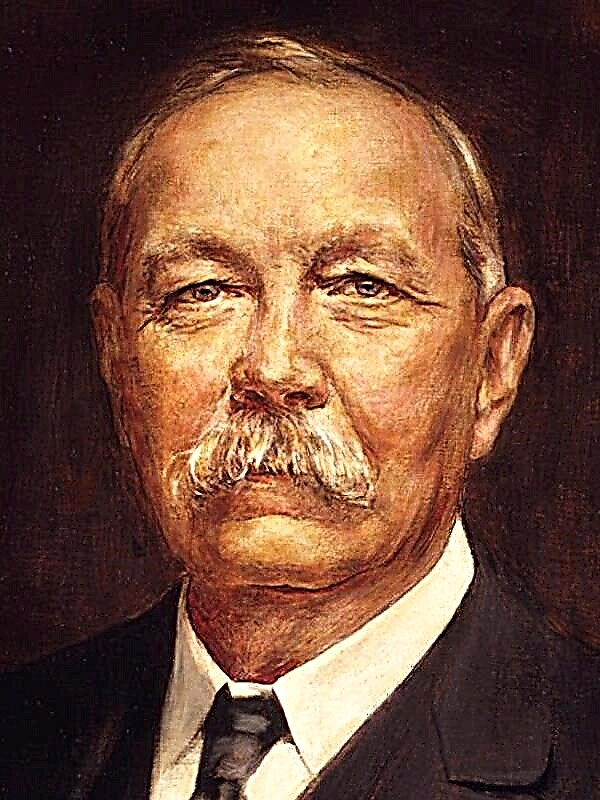(446 words) It is unlikely that there is a person on Earth who has never dreamed. A dream is a door to another world where everything corresponds to the ideal, where all wishes are fulfilled. Yes, I know that many people consider the words “dream” and “desire” to be synonyms, but this is not so. Dreaming, a person creates in his imagination the currently inaccessible image of something beautiful, elusive, for which it is worth living. Desire, however, prompts her to act, because it is more concrete and thorough. You can distinguish them by asking yourself two questions: what do I want now and why do I wake up every day? The first answer will show desires, the second - dreams. To better understand these concepts, you should turn to fiction.
Story A.P. Chekhov's “Gooseberries” shows the reader how easy it is to make mistakes when defining your ideals. The hero, Nikolai Ivanovich, subordinated his entire existence to the "dream." He was obsessed with the thought of his own plot with a pond and gooseberry bushes. The man set himself the goal of accumulating money, surrounded himself with advertisements for the sale of land and "business books." When he finally acquired the estate and gooseberry bushes, his daydream formally became a reality. But the master's life was empty, and he stopped in development, as if now lofty ideals did not feed his imagination. Of course, Nikolai Ivanovich continued to pretend and assure himself that heavenly pleasure was available to him, but all these illusions were needed only to justify his mistake. He married by calculation, starved his wife, spent his golden years chasing money in order to buy a mediocre house surrounded by factories with a dirty river and sour gooseberries. He confused his rather prosaic desire with a dream, and for the sake of his fulfillment he sacrificed everything that is dear to his personality: freedom, love, time and strength. His tragedy tells us about the important difference between a dream and desire: purely material benefits to dreams have nothing to do.
Recall the story of N.M. Karamzin "Poor Lisa." Peasant Lisa, the main character, a sincere and kind girl. She dreams of a big and pure love. On her way appears the "beautiful prince" - Erast, a wealthy and well-fed townsman. Young people fall in love, but the feelings of a man differ from the emotions of a woman, because he does not dream, but wants her. As soon as the hero satisfies his desire, he disappears from the life of Lisa, obeying other needs. He forgot to think about an affair with a peasant woman when he married by calculation to provide himself with luxury. But for the heroine, his betrayal became the destruction of all dreams, therefore, having lost the meaning of being, she drowned. From this example we can conclude: if the desire disappears after the satiation of its fulfillment, then the dream remains for life.
Thus, a person can distinguish a dream from a desire according to various criteria. Firstly, dreams are lofty ideals, something that is difficult or impossible to achieve, and desires are a thirst for ordinary needs. Secondly, dreams do not pass, they remain with a person for life, but what he wants to cease to attract him when he becomes available.

